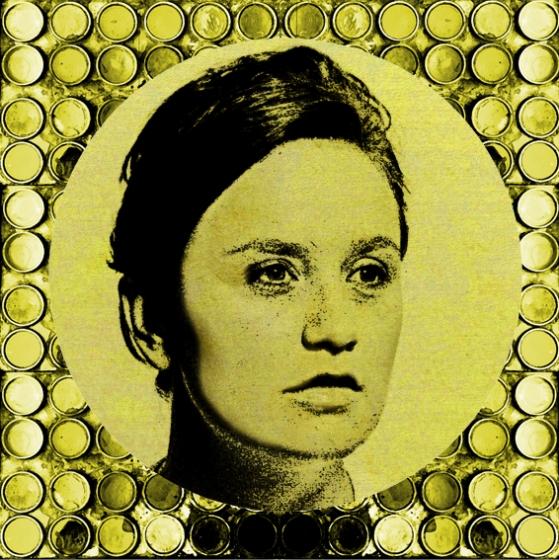
FREE DOWNLOAD: Dear Reader – Down Under, Mining
It’s a brave artist who seeks to take as their inspiration one of the most complex and controversial aspects of recent international history, but this is – at least in part – what Cheri MacNeil (aka DEAR READER) has chosen to do with her 3rd album.
As a child, South African born Cheri MacNeil spent 11 years studying at a small primary school in the north of Johannesburg, not far from what was once an isolated farm called Lilliesleaf. Growing up, she knew nothing of the nearby settlement, but it was within these grounds that, on July 11th, 1963, a dry-cleaning and flower van parked beside a thatched cottage and disgorged a squad of armed policemen. They’d received a tip off from a neighbour’s son about unusual comings and goings, their suspicions further aroused by the fact that these involved both black and white individuals. It had taken them a while to locate the place: initial reports spoke of a place called Ivon, and it was only after searching the area that they found an old, weather-beaten sign from which three letters were missing. It had once said ‘Rivonia’, the name of the suburb in which they stood.
Download new track: ‘Down Under, Mining’ here:
That day, police arrested 19 members of the African National Congress, the underground organisation run by Nelson Mandela – who had already been imprisoned – which sought to overthrow the ruling apartheid government. It was a pivotal moment in South Africa’s history. Cheri MacNeil later learned that these events had taken place around the corner from the building where she had for so long been educated.
This is the story that gives the latest DEAR READER album its name. ‘Rivonia’ is released on April 8th 2013 through City Slang.
Unlike other records written by white musicians and inspired by South Africa, DEAR READER’s ‘Rivonia’ banishes broad, crowd-pleasing political strokes in favour of a specifically human outlook. At times troubling, at times deeply moving, ‘Rivonia’ is unafraid of raising more questions than it answers, and achieves this within the context of a collection of magical, dramatic, heartfelt songs.
“That sign”, MacNeil explains, “with its faded lettering, makes me think about history as a whole, and how the versions we have must all have bits that have weathered away and gone missing, and how we’ll never know the whole truth about anything. There are so many different realities overlaid on top of one another, but each of us only has the version we know.”
